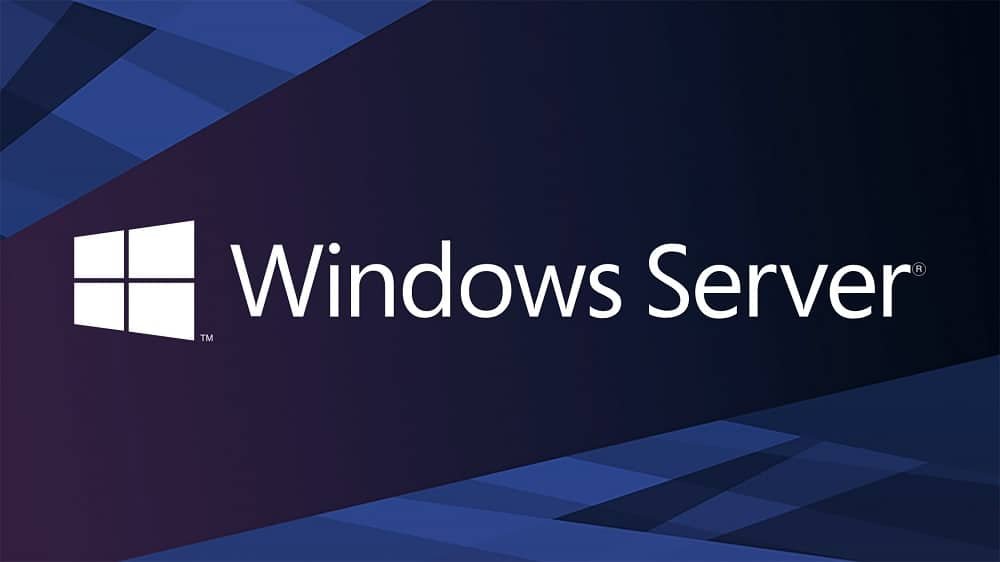If useste Windows Server, you should probably reconsider. The trigger can be given to you by the update KB5031364, which added “Azure Arc Setup” to all Windows servers without even asking administrators.

This means that Microsoft will fill users' screen with bloatware without asking, and not just on client functionally but now also on the servers. Of course you know this behavior from desktops, where Microsoft continues to try to impose innovations such as search Bing.
The reason many started using Windows Server was clearly due to the advantages of the GUI. Linux servers do not have a GUI, and of course they need additional knowledge.
With Ubuntu or Debian you don't have to pay any operating system licensing fees. Windows Server's new licensing model made things unnecessarily complicated anyway.
For example, any physical CPU with at least 8 cores counts towards the price – even if they are fewer. The same applies to the price per physical server, although in this case the 16 cores are counted. These numbers and other data are used to calculate the specific license you need.
What probably frustrates users the most (as we mentioned above) is the lack of a graphical user interface on Linux servers. But right here there is an almost unbeatable advantage: Not using a GUI saves resources.
In addition to this, the Windows server also provides a Hyper-V in addition to the print and file server. But none of it is that spectacular and it does things that can't be done by the functions Samba, CUPS and QEMU.
Of course, all that glitters is not gold
Although all of the above may seem like an anthem for Linux, we should remember that all that glitters is not gold. This also applies to Linux or open source software in general.
Linux often requires much more expertise than is necessary for a Windows system.
Although sharing folders using the SMB protocol on Windows (Server) requires only a few clicks, on Linux you must first use the shell, a text editor and know the corresponding paths. It's not really nuclear science, as there are various wikis, but it's more complicated than with Windows.
Austerity may not be so convenient at times, but it will get the job done.






Our problem is not the GUI or the knowledge? After all, Ubuntu Server is now also offered with a GUI.
The problem is that many commercial applications require Windows to work, eg Accounting programs etc. and there are no corresponding versions for Linux. This I believe keeps most people still on Windows Server.
Say it goldstomes... half the article is out of place and out of time. It seems that the person who wrote it does not work in an Enterprise space in Greece. All my clients with large ledgers run Softone and Pylon and the applications we do custom are either on top of the ERP itself or written for Windows... No one is going to go to another OS for something like you mention. Get serious!!! We understand that you want to push Linux but have arguments right for the portion of people who work on Windows Server... A business that has Windows Server is because it cannot be done otherwise because of the softwares that rely on it, the rest of the players will not put Windows Server because of cost licenses, they will switch to Linux or broken at risk of audit in their business…
since there are requirements for Microsoft software, the Windows server is a one-way street. But how do you think Windows server for hosting services?
Very correct!!!!